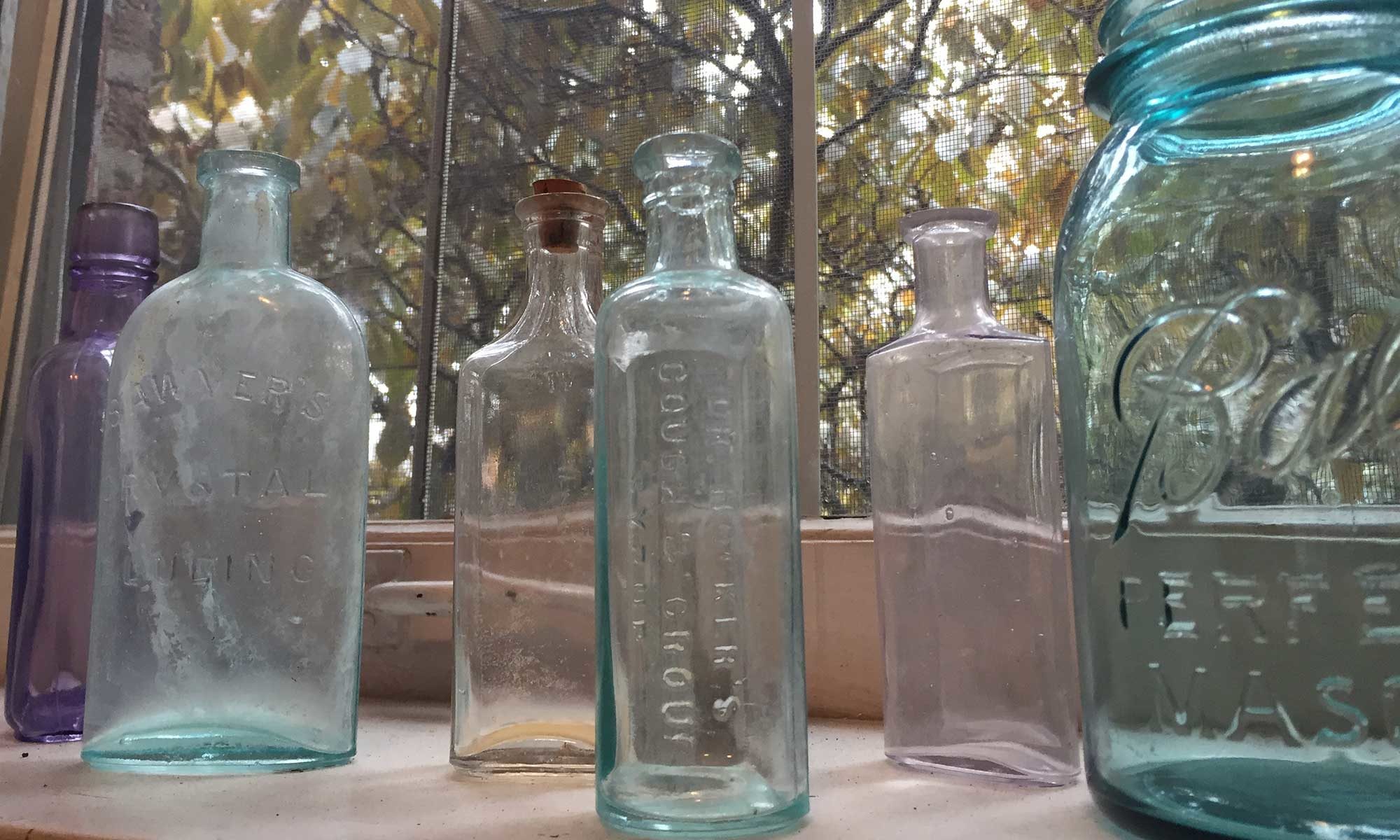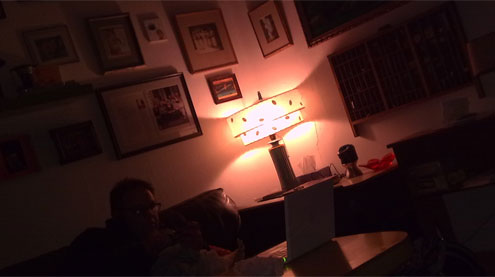There’s a fairly short list of books I truly love, by which I feel gratefully reshaped while reading them—and I’ve just added one more title to their number: The Dogs of Babel by Carolyn Parkhurst. I don’t even quite know yet what I want to say about it… only to testify to this feeling of awe, of gratitude and grace for the experience of something so utterly moving and beautiful and bittersweet. It hurts exquisitely to read how well Parkhurst writes of Lexy’s anguish, as imagined through her husband’s eyes after the fact—there are two or three pages right near the end where the describing of the experience of despair is so pitch-perfect, accurate and immediately recognizable, that it feels as if my own heart, in its most private and awful moments, has been written onto the page and published and printed in the thousands by a complete stranger—it’s the oddest combination of intimacy and the public—which I suppose is also the pith of my secret heart. I want to hold the feeling this book has created inside me, not to let it slip away into daily whatevers—that’s really why I write about it. I dearly don’t want this exquisite feeling of graceful recognition and my own amazement to end. O the tragedy of the final page. So the inclination to talk about such books with others in classrooms and coffeeshops and book circles. But when a book comes printed, as this one does, with prepared discussion questions for groups of readers, well, I appreciate it, take it as a sign of the book’s power to move, but still can’t bear to glance at them for awhile—they feel, in their candor and baldness, at first like a cheapening of that magical, intimate, transported moment. The great power of a work of fiction to reach into exactly you in your most personal heart to create a there quiet chemical explosion, this is the wondrous gift of certain writers. If I could accomplish the same for other readers so wholly and satisfyingly in books, I would feel unutterably blessed and successful in my work.
there. if I’m honest about it, that is the dream. nothing less.
And now I’m going to make a cup of tea and maybe a batch of cookies and continue to savor the receiving of the gift.



















